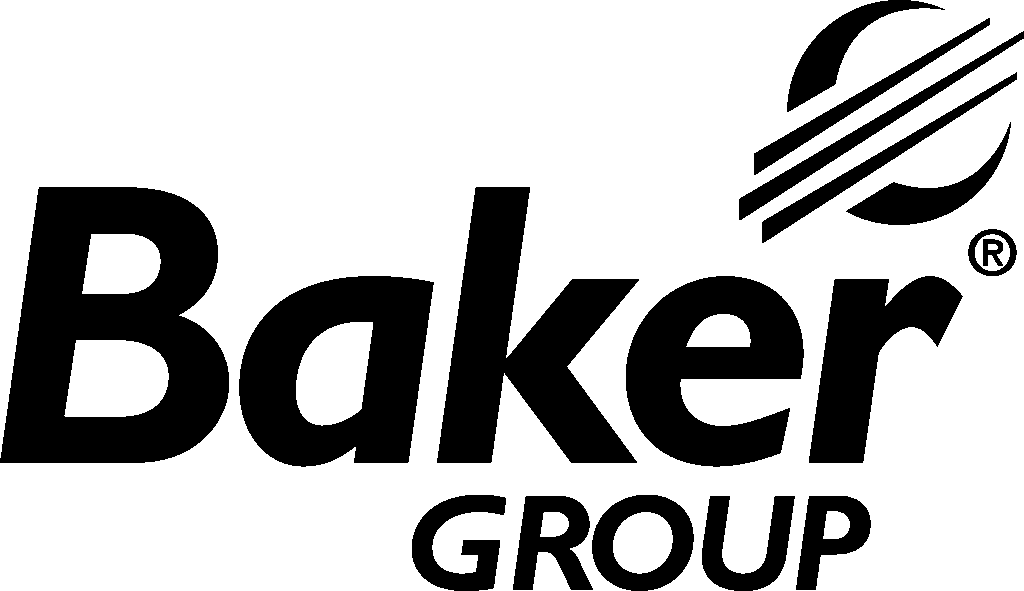Iowa manufacturing exports down 9.2%, $900M for year

Business Record Staff Oct 1, 2025 | 11:33 am
4 min read time
955 wordsAll Latest News, Economic Development, ManufacturingFor the second time in the past three months, the Creighton University Mid-America Business Conditions Index, an economic indicator for the nine-state region stretching from Minnesota to Arkansas, sank below growth neutral.
The Business Conditions Index fell to 49.8 from 50.5 in August. The index ranges between 0 and 100 with 50.0 representing growth neutral.
“Creighton’s latest survey indicates that the regional manufacturing economy continues to move sideways to down with elevated wholesale inflation,” Ernie Goss, director of Creighton University’s Economic Forecasting Group and the Jack A. MacAllister chair in regional economics, said in a press release. “Supply managers reported weakness in both imports and exports along with higher prices for imported goods.”
Highlights of the index include:
- Overall index fell below growth neutral.
- Regional manufacturing shed jobs for the sixth straight month.
- 60% of supply managers reported that higher tariffs were having little or no impact on their purchasing decisions.
- Imports and exports weakened for the month.
- According to the latest U.S. International Trade Administration data, regional exports of manufactured goods sank by $3.1 billion, compared to the same period in 2024, for a 5.5% decline.
- Wholesale prices increased from the previous month and remained at elevated levels.
- Business confidence is down 9 points.
Comments from supply managers in September include:
- “While the tariffs probably needed to be implemented, the method of implementation on some of the tariffs has been horrible. Changing the rules of the game in the middle of the ocean is not fair, nor reasonable.”
- “Distributors get stuck in the middle of a losing proposition and are forced to have tough conversations with their customers. Ones that shouldn’t have needed to occur, had the implementation been handled correctly.”
- “The ever-changing tariffs have had a significant impact on how our multinational businesses service our customers.”
- “We deal with bulk butter as a commodity. Last year, butter priced off the CME was over $3, and this year (at this time) it is under $2. Dairy as a whole is under pressure to lower pricing.”
Employment: The September employment index slumped to 44.9 from 45.6 in August, marking the sixth consecutive month below the growth-neutral threshold of 50.
“Four out of 10 supply managers indicated that their firm was hiring with no current layoffs. Only one of 10 reported layoffs with the remaining five of 10 indicating neither hiring or layoffs,” Goss said.
During the past 12 months, according to U.S. Bureau of Labor Statistics data, the regional manufacturing sector has lost 3,800 (-0.3%) jobs over the past 12 months, compared to 78,000 (-0.6%) jobs shed by U.S. manufacturing.
Wholesale Prices: The September price gauge declined slightly to 64.1 from 64.9 in August.
“The regional inflation yardstick has moved into a range indicating that inflationary pressures are elevated at the wholesale level. However, due to slowing regional and U.S. economies, I expect the Federal Reserve to cut interest rates at its next meetings on Oct. 28-29,” Goss said.
Confidence: Looking ahead six months, economic optimism as captured by the September Business Confidence Index, sank to 38.2 from August’s 47.4.
“Concerns regarding tariffs, inflation and slowing business activity pushed supply managers’ expectations lower. Only one in four supply managers expect rising economic conditions for their firm over the next six months,” Goss said.
Inventories: The regional inventory index, reflecting levels of raw materials and supplies, dropped to 48.6 from 49.3 in August.
“Rapid expansions in inventories in the first quarter are now being offset by monthly pullbacks in buildups,” Goss said.
Trade: Recent uncertainty regarding tariffs and trade restrictions pushed new export orders lower for the last five months. New export orders stood at 43.4, up from 39.5 in August. As a result of record imports for the first two months of 2025 and higher import prices, supply managers pulled back on purchasing from abroad in the last seven months. The September import index slumped to 34.8 from 35.9 in August.
U.S. tariffs are negatively affecting exports as well as imports. According to the latest U.S. International Trade Administration data, the regional economy exported $53.9 billion in manufactured goods for the first seven months of 2025, compared to $57.1 billion for the same period in 2024, for a 5.5% decline.
In terms of exports for the first seven months of 2025, compared to 2024, North Dakota registered the top percentage gain with a 50.4% addition, and South Dakota recorded the largest percentage loss with an 18.6% reduction in the export of manufactured goods.
Other survey components of the September Business Conditions Index were: New orders increased to 51.4 from 49.8 in August; the production index declined to 50.4 from 53.4 in August; and the speed of deliveries of raw materials and supplies declined to 53.7 from 54.2 in August. Higher readings indicate slower deliveries and/or rising supply chain disruptions or delays.
Iowa: The state’s Business Conditions Index for September increased to 47.4 from 45.8 in August. Components of the overall September index were: new orders at 50.5; production or sales at 48.0; delivery lead time at 52.2; employment at 39.3; and inventories at 46.8. According to the latest trade administration data, the Iowa manufacturing sector exported $8.4 billion in goods for the first seven months of 2025, compared to $9.3 billion for the same period in 2024, for a 9.2% decline.
The Business Conditions Index uses the identical methodology as the national Institute for Supply Management, or ISM. The Mid-America report is produced independently of the national ISM.
The Creighton Economic Forecasting Group has conducted the monthly survey of supply managers in nine states since 1994 to produce leading economic indicators of the Mid-America economy. States included in the survey are Arkansas, Iowa, Kansas, Minnesota, Missouri, Nebraska, North Dakota, Oklahoma and South Dakota.










